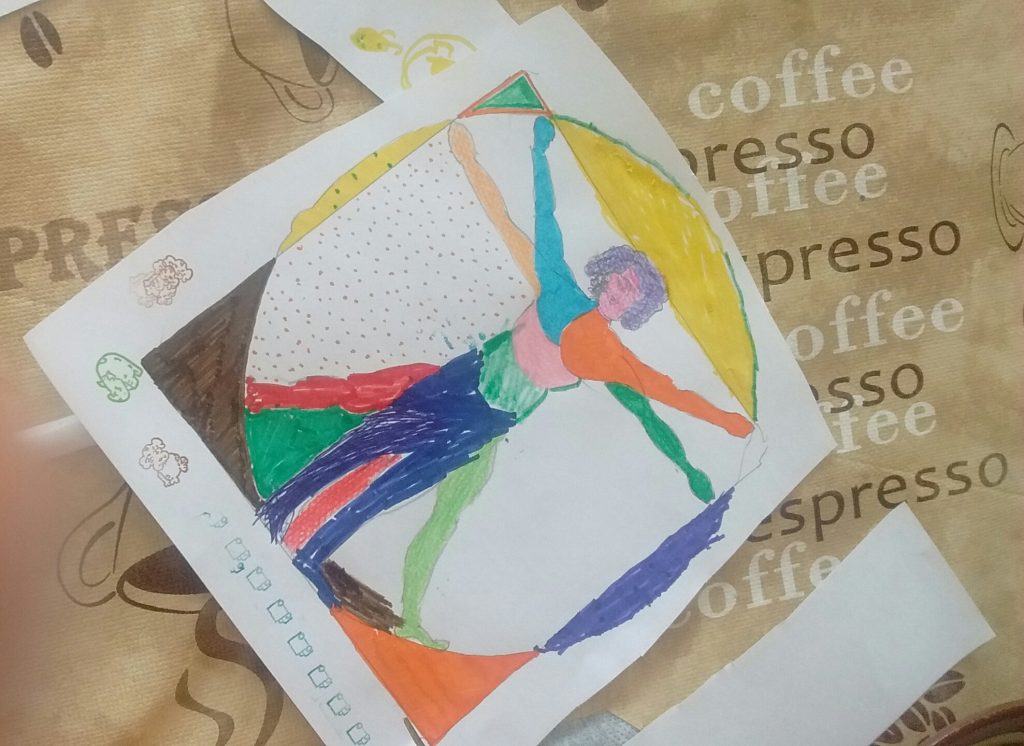Au-pairing is living-in baby-sitting, and it’s a great option when planning time abroad. Every family is different and therefore everyone’s experience of au-pairing is different, but essentially an au-pair babysits children, and sometimes does cooking and cleaning for the house; and in return lives with the family for free and is sometimes paid as well. Free living and immediate immersion in the country of interest? Sounds like a dream. And it can be, but it usually comes with some interesting surprises along the way.
Since au-pairing is such a varied experience, here are the highs and lows of my time in Spain to give an idea of what it’s really like on the job.
A highlight of working as an au-pair was the bond I developed with the child I was looking after. We had some great times, and it felt almost like being his big sister by the end of it. Being called over to see what a great tower of blocks he’d made, or what a good job he’d done with colouring, was such a heart-warming experience, it was adorable.
My Spanish skills also massively improved: talking to native speakers all day did wonders to how fluent my Spanish was. I was lucky enough to experience Spanish food, at Spanish times (add 2 hours to British timings) as well as the family ambiance which is so characteristic of Spain. Of course, I also didn’t have to pay for accommodation and food for 4 months of my gap year, which is a significant saving!
On the other hand, it wasn’t all sunshine and rainbows, which is important to know before you consider au-pair work. My first problem was the initial attitude of the boy I was looking after. He was five years old and an only child, and he seriously resented having to obey and play with a new person in his house. This worried me a lot because it meant I was finding it difficult to do my job – I couldn’t teach him any English effectively, and I was anxious about keeping him safe when he wouldn’t listen to me. Thankfully, his mum spoke to him and that helped me out a lot. Once we’d got through the first few weeks, he got used to having me around, and we got on much better.
I was also worried about the responsibility over someone’s child; I felt absolutely awful making any mistakes, and I gradually realised it was a lot of pressure for an unqualified 19-year-old to take on.
The final down-side of au-pairing is the uncertainty of the position. In my last month the family moved in with the grandma who had been taken ill and I suddenly had to find somewhere new to live, all within about a week. The family did suggest a student flat owned by a relative, and after some hectic messaging I managed instead to go back to the student flat I lived in before; but needless to say, it was a stressful and disheartening week.
Au-pairing can be tough, but it can be incredibly rewarding and beneficial, so it’s worth having a go bearing the following things in mind:
Arrange to stay for a maximum of 2-3 months, then if you’re loving it you can stay longer, but if you end up not enjoying it or you want more freedom to explore the country, you’re not committed to another month.
If the child you’re looking after misses their parent, make something together like crafts or a drawing, for them to give their parent when they get home. It’s nice for the child, it’s a positive solution, and looks good for the parent.
Always talk to the parent if you have questions or uncertainties. That way you can fix the problem, rather than worry about not doing your job properly, or making mistakes.
Plan some time while you’re abroad to visit the country freely after your au-pair work. At the end of the day, this is your one shot at living there, and you want to make the most of it and achieve your own dreams.
Overall though, I really enjoyed my time as an au-pair, and hope some of you will consider it too!

